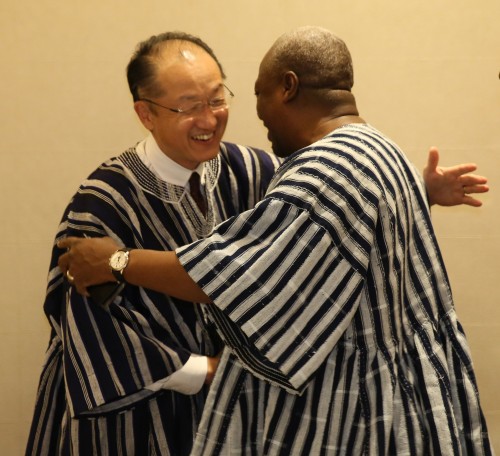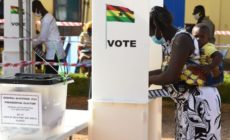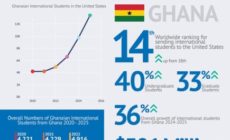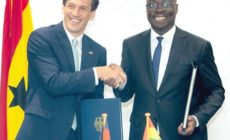World Bank ready to help Ghana
- Posted on
- Comment
 EVEN though Ghana is currently to receive financial assistance amounting to US$2.029 billion from the World Bank Group for projects in various sectors of the country’s economy, Jim Yong Kim, President of the Bank during his visit to the country last week, assured that the Bretton Woods institution is ready to offer the necessary financial support Ghana needs to stabilise its troubled economy.
EVEN though Ghana is currently to receive financial assistance amounting to US$2.029 billion from the World Bank Group for projects in various sectors of the country’s economy, Jim Yong Kim, President of the Bank during his visit to the country last week, assured that the Bretton Woods institution is ready to offer the necessary financial support Ghana needs to stabilise its troubled economy.
“Ghana faces significant macroeconomic challenges in 2014 as its fiscal and current account deficits remain very high. Economic growth reduced to 0.3 per cent (year on year) in the third quarter of 2013, while inflation is on the rise,” World Bank admits.
Ghana’s economy slowed down to an estimated 5.5 per cent in 2013 amidst an external current account deficit which has been swelling while public debt rose rapidly into 2014. Inflation also rose from 10.1 per cent in 2013 to 13.5 per cent in December 2013 and 16.9 per cent in October 2014.
The country’s public debt stock has also crossed the 60 per cent mark and is now at 60.8 per cent of GDP. The local currency, until September this year, had depreciated by about 40 per cent against the US dollar since the beginning of the year. This has been attributed to a number of factors such as increased volatility in global financial markets, corruption and a fat public wage bill.
The country’s net international reserves have also declined significantly, covering less than one month of imports of goods and services as of September 2014.
The amount for the ongoing projects, out of which US$844million or 41.6 per cent has already been disbursed as of November 2014, is meant for the financing of various projects under five key sectors of Ghana’s economy.
The sectors include Infrastructure which takes almost 50 per cent of the total amount – US$1billion; followed by Education, Health and Safety Nets (US$508.1 million); and Public Sector Management and Reforms (US$312.8 million).US$175.9 million was also approved for Agriculture, Fisheries and Environment while the remaining US$30 million went Private Sector Development and Private Public Partnership.
The total amount consists of credits and grants from the World Bank partners – the International Development Association (IDA), the Multilateral Investment Guarantee Agency (MIGA), and the International Finance Corporation (IFC).
For many, a World Bank assistance might be coming as good news, especially at a time when the country’s donor partners have frozen disburses. There is also the possibility of missing an International Monetary Foundation (IMF) bailout programme because of concerns raised by the EU.
The European Union says it has fingered some alleged corruption associated with the country’s public payroll. The EU’s concerns have forced the Washington-based lender to briefly hold on to the bailout negotiations.
Vice President of the Bank, Makhtar Diop said there still are some conditions that Government must first meet for the World Bank support to come. He did not say when but assured the support would come soon.
The World Bank had endorsed a Country Partnership Strategy (CPS) for Ghana in September 2013. The Ghana Country Partnership Strategy FY13-FY16 is to assist government to sustain economic growth, accelerate poverty reduction and enhance shared prosperity in a sustainable manner.
The CPS program is based on three pillars; improving economic institutions, improving competitiveness and job creation, and protecting the poor and vulnerable. In turn, these pillars are anchored in the Ghana Shared Growth Development Agenda pillars of competitiveness and employment, vulnerability and resilience, and governance and public sector capacity.
These together reflect government’s strategic goals of diversifying the economy and sustaining high rates of growth, reducing poverty and inequality in access to basic services and opportunities, and strengthening governance while mitigating and managing risks. The CPS is also aligned with the compact between the government and its development partners.
By Raju Raghu Parwani










 (Selorm) |
(Selorm) |  (Nana Kwesi)
(Nana Kwesi)